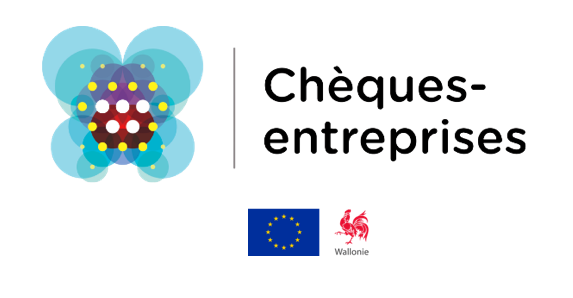A Progressive Web App (PWA) is a web application that combines the advantages of a traditional site and a mobile application. She is accessible from a browser, but can also be installed on the home screen of a smartphone as a native app. Thanks to Angular, PWAs offer a smooth, fast and secure browsing, with the possibility of operating even offline.










